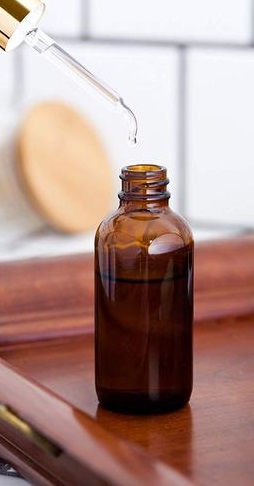Winchester (bottle) on:
[Wikipedia]
[Google]
[Amazon]
 A Boston round bottle, or Winchester bottle, is a strong, heavy bottle commonly used in the drug and chemical industries. It is often made of amber (brown) glass (to filter out UV light) but can also be made of plastics.
A Boston round bottle, or Winchester bottle, is a strong, heavy bottle commonly used in the drug and chemical industries. It is often made of amber (brown) glass (to filter out UV light) but can also be made of plastics.
 A Boston round bottle, or Winchester bottle, is a strong, heavy bottle commonly used in the drug and chemical industries. It is often made of amber (brown) glass (to filter out UV light) but can also be made of plastics.
A Boston round bottle, or Winchester bottle, is a strong, heavy bottle commonly used in the drug and chemical industries. It is often made of amber (brown) glass (to filter out UV light) but can also be made of plastics.
History
The "Winchester quart" bottle first appeared in the UK in the 19th century with a capacity of . At the time, a system of dry capacity measures known as "Winchester" was still in use. The Winchester bushel is still used in the US. However, the Winchester quart bottle has no relation whatsoever to any other units called "Winchester". In the 20th century, the Winchester Quart was metricated to two and a half litres.Construction
A "Boston round" has a cylindrical shape without a handle and a short curved shoulder. It is threaded for closing with ascrew cap A screw cap or closure is a common type of closure for bottles, jars, and tubes.
Usage
A screw closure is a mechanical device which is screwed on and off of a "finish" on a container. Either continuous threads or lugs are used. It must be engi ...
.
See also
*Glass bottle
A glass bottle is a bottle made from glass. Glass bottles can vary in size considerably, but are most commonly found in sizes ranging between about 200 millilitres and 1.5 litres. Common uses for glass bottles include food condiments, soda, liq ...
* List of bottle types, brands and companies
This is a list of bottle types, brands and companies. A bottle is a rigid container with a neck that is narrower than the body, and a "mouth". Bottles are often made of glass, clay, plastic, aluminum or other impervious materials, and are typical ...
*Plastic bottle
A plastic bottle is a bottle constructed from high-density or low density plastic. Plastic bottles are typically used to store liquids such as water, soft drinks, motor oil, cooking oil, medicine, shampoo, milk, and ink. The size ranges from v ...
*Reagent bottle
Reagent bottles, also known as media bottles or graduated bottles, are containers made of glass, plastic, borosilicate or related substances, and topped by special caps or stoppers. They are intended to contain chemicals in liquid or powder form f ...
References
Books, general references
* Soroka, W, "Fundamentals of Packaging Technology", IoPP, 2002, * Yam, K. L., "Encyclopedia of Packaging Technology", John Wiley & Sons, 2009, * Wilde, Edith E., "Weights and measures of the city of Winchester", The Club, 1931 * Connor, R. D., "The Weights and Measures of England", H.M.S.O., 1987, {{packaging Laboratory glassware Glass bottles